A Year of Ongoing Genocide in Gaza with Tareq Baconi
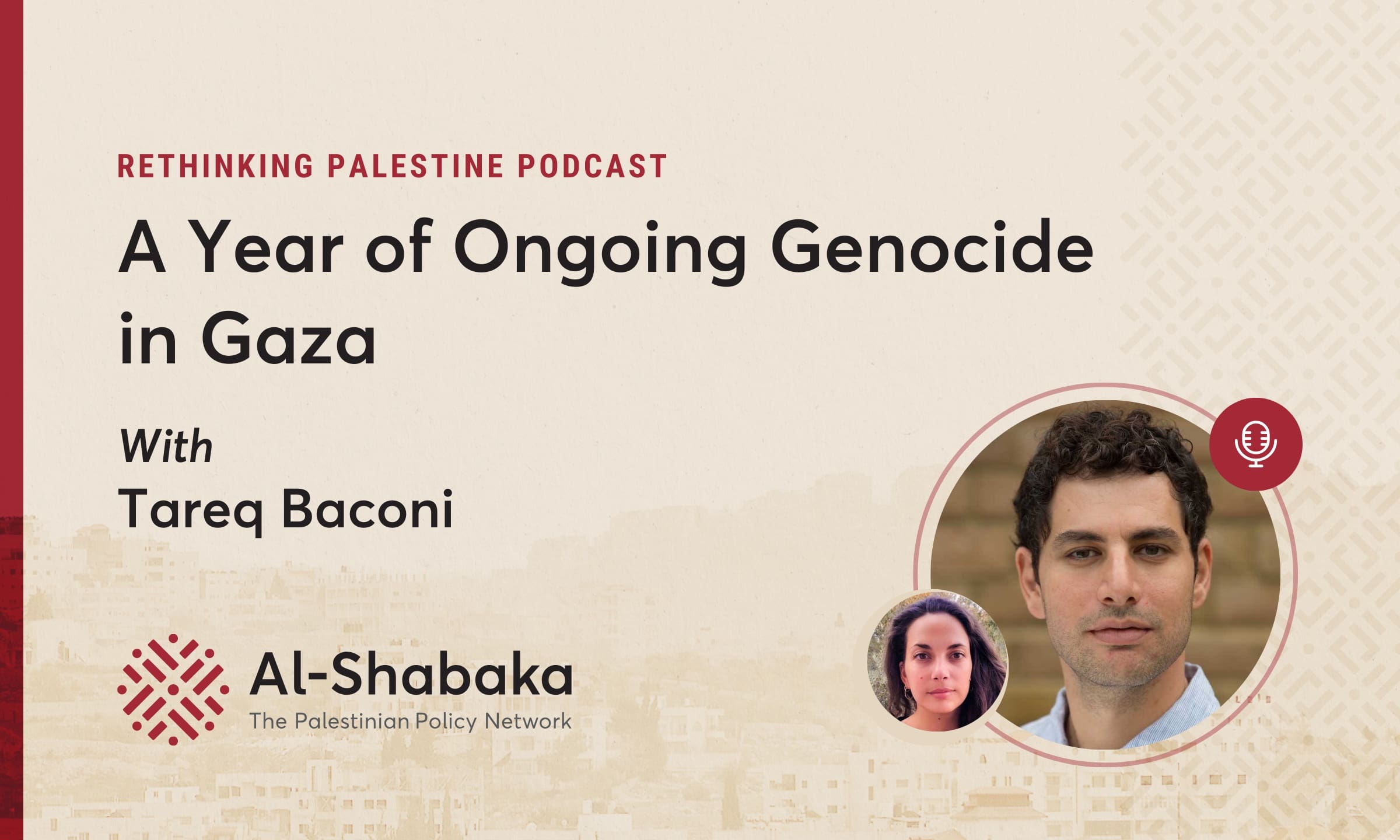
The transcript below has been lightly edited for brevity and clarity. Tareq Baconi 0:00 The question for me today is how do we think about this moment of genocide as a way of resuscitating our revolutionary legacy, of going back into our roots and bringing out a political project, a decolonial project, that’s not about […]
Gaza’s Infrastructure: Israel’s Assault & Paths to Rebuild
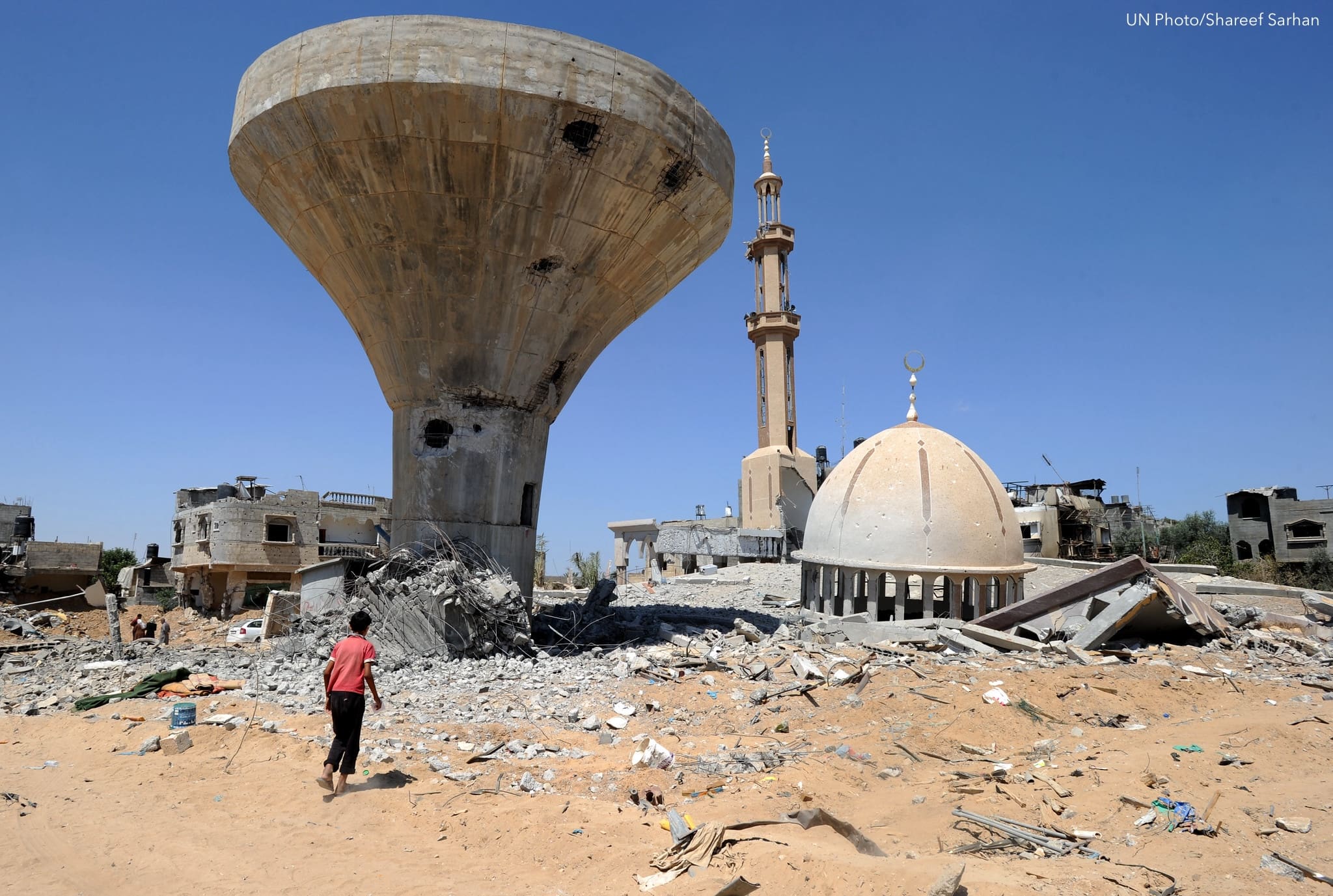
For over a year, Israel’s ongoing genocidal campaign has left Gaza devastated, with entire neighborhoods reduced to rubble and critical infrastructure decimated. Israeli forces have targeted and destroyed hospitals, schools, power plants, and water treatment facilities alike, not as collateral damage but as deliberate acts of collective punishment specifically designed to render Gaza uninhabitable. Amid […]
Reimagining Palestine After One Year of Genocide
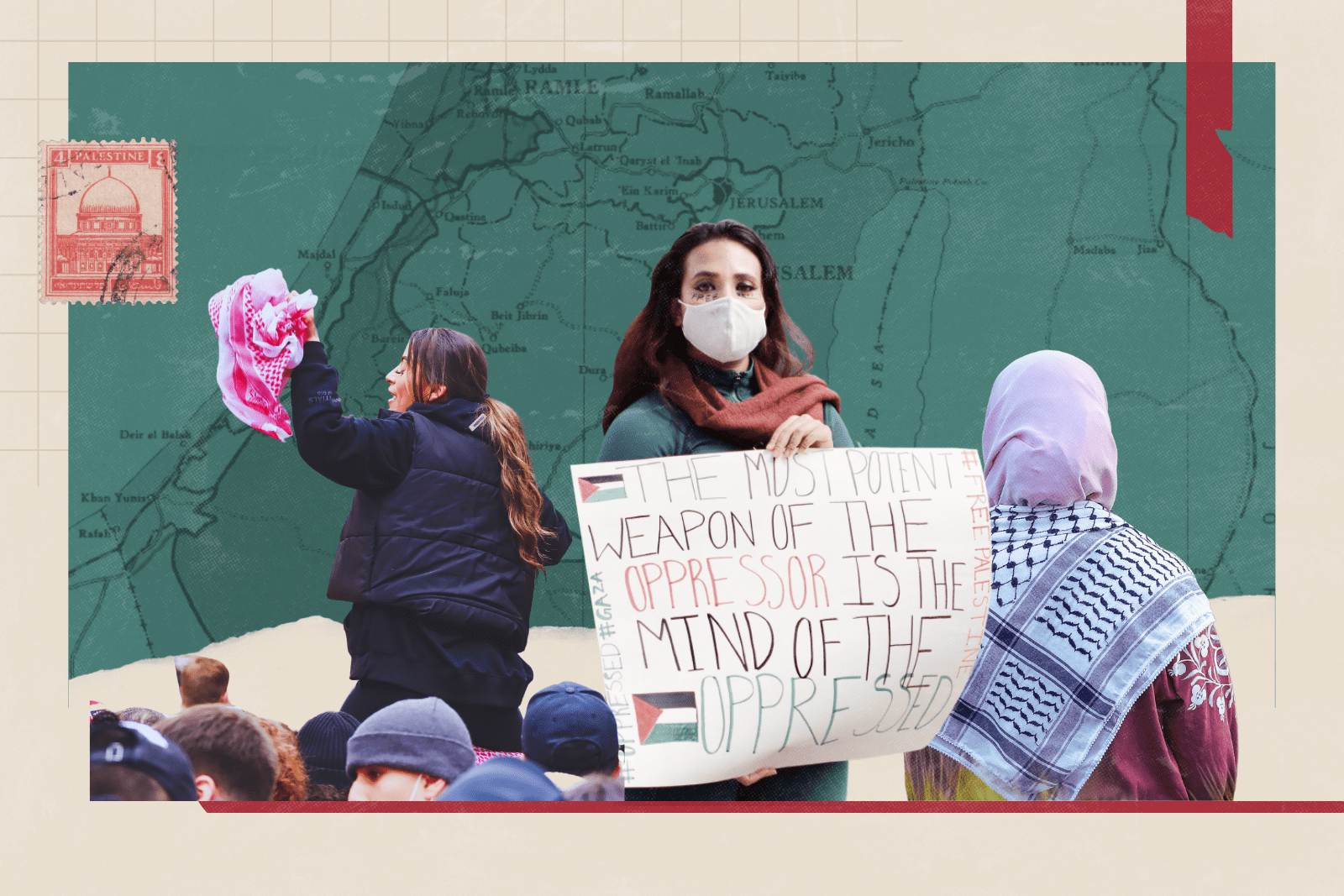
After a year of enduring relentless violence and devastation, Palestinians stand at a pivotal moment. This commentary reflects on the immense losses for the Palestinian people since October 2023 and the emerging opportunities to work towards a future free of settler colonial oppression. It argues that now is the time for the movement to shift […]
Focus On: A Year of Genocide in Gaza
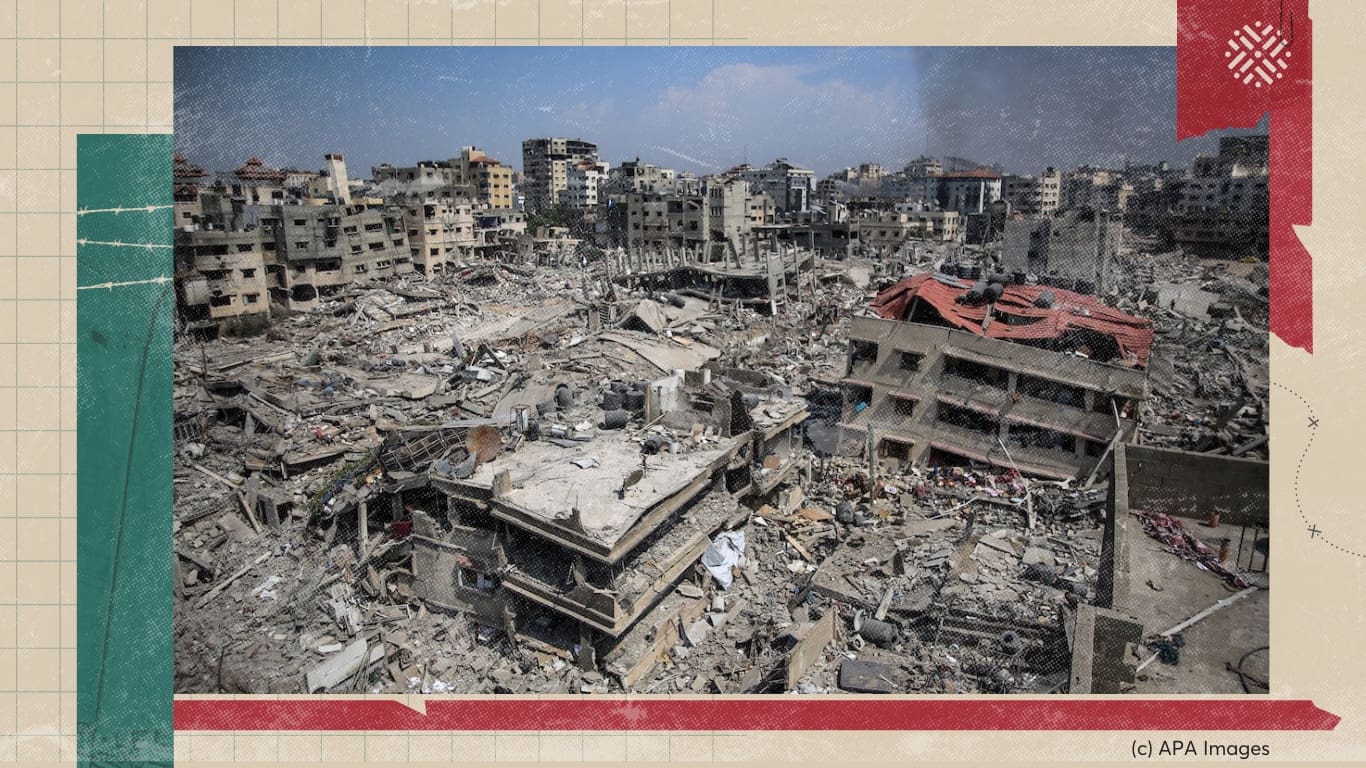
Since October 2023, Israeli forces have brutally murdered over 40,000 Palestinians in Gaza, injured 100,000, and displaced nearly all of the occupied area’s population. In that same time, occupation forces and settlers have collectively killed more than 600 Palestinians in the West Bank, and the Israeli regime has detained over 10,900 individuals, all while embarking […]
The UK and Its Illusive Arms Embargo
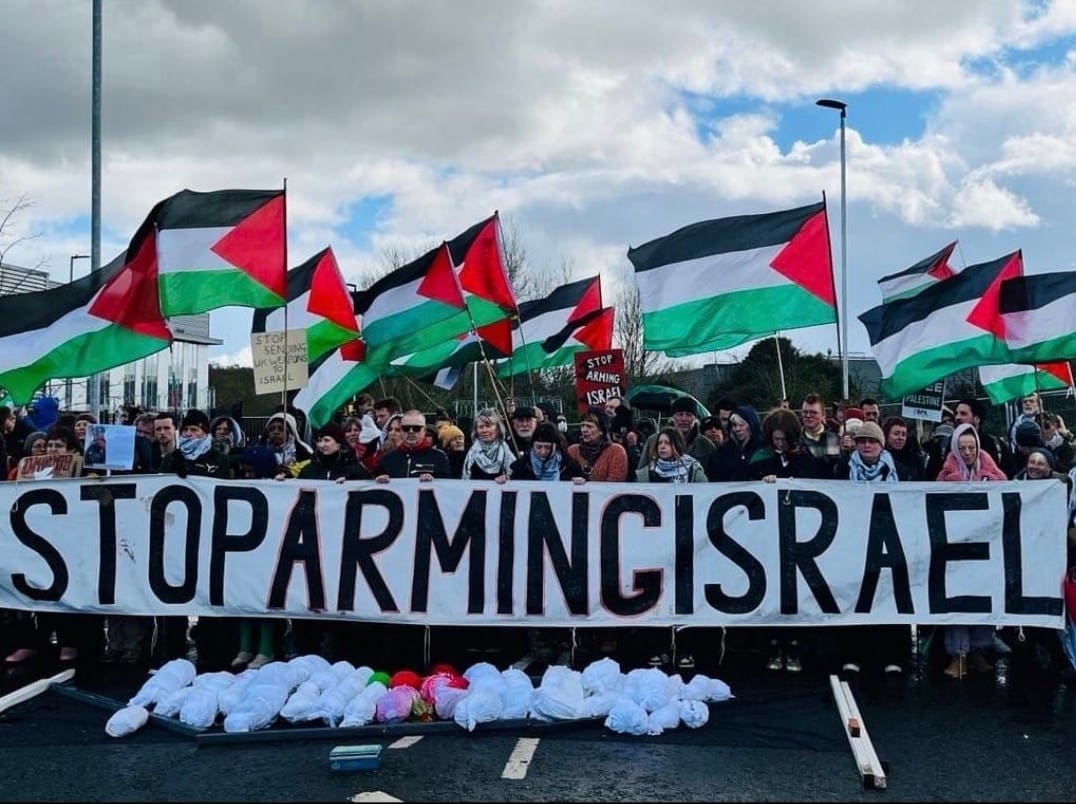
UK arms companies have long profited from selling weapons to Israel, with licenses issued from the British government. Since 2008, these exports have totaled an estimated $740 million, continuing even amid the ongoing genocide in Gaza. In protest, a Foreign Office official recently resigned over this policy of continued licensing. Following the Labour Party’s July […]
Reflections on the Current Moment in Palestine with Makdisi Street
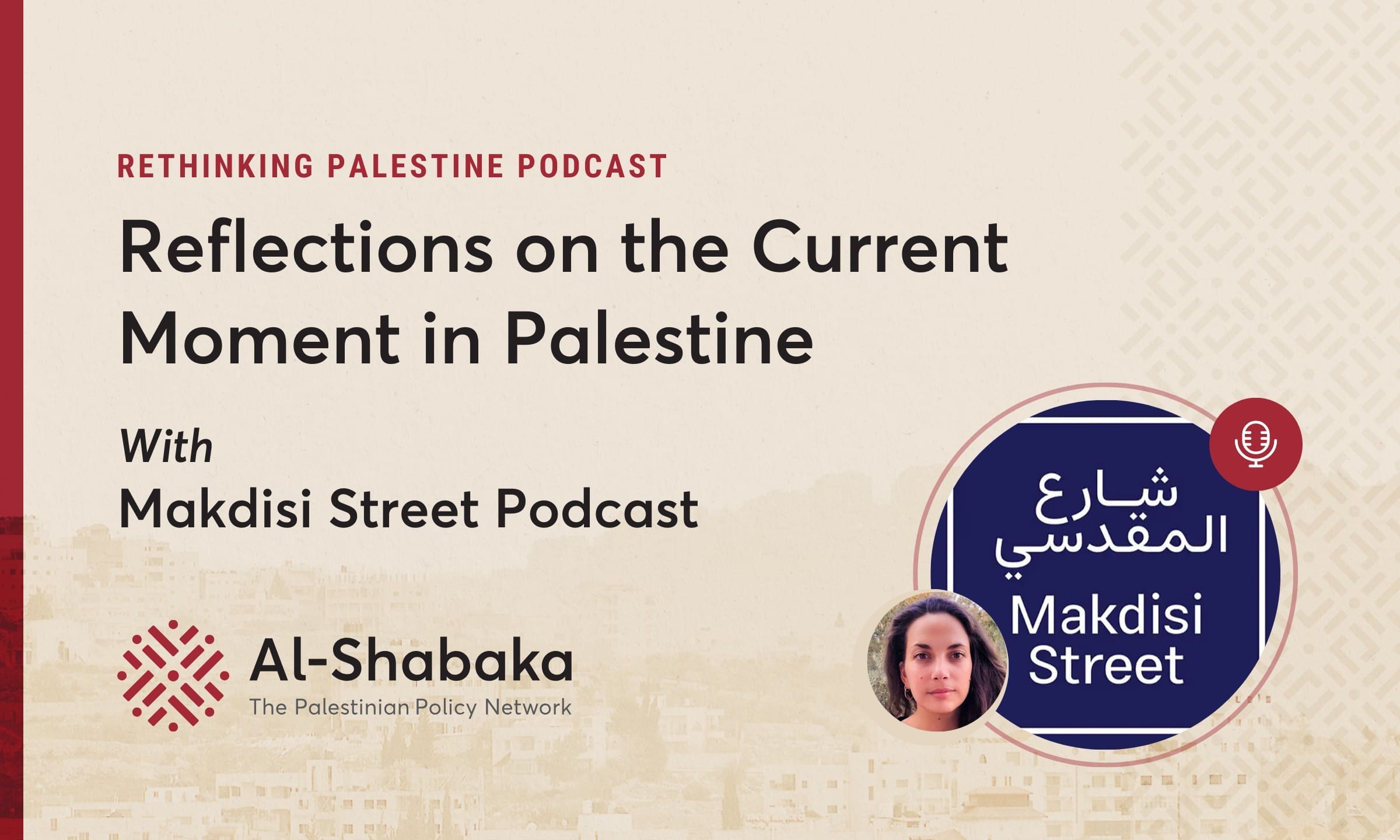
The transcript below has been lightly edited for brevity and clarity. Yara Hawari 0:00 All the advocacy efforts that haven’t happened randomly. This has happened as a result of Palestinian-led organizing in Palestine and in the diaspora. So I think it’s really important to take stock of that and to remember that we’re seeing massive […]
A Region on the Cusp of War with Abdullah Al-Arian
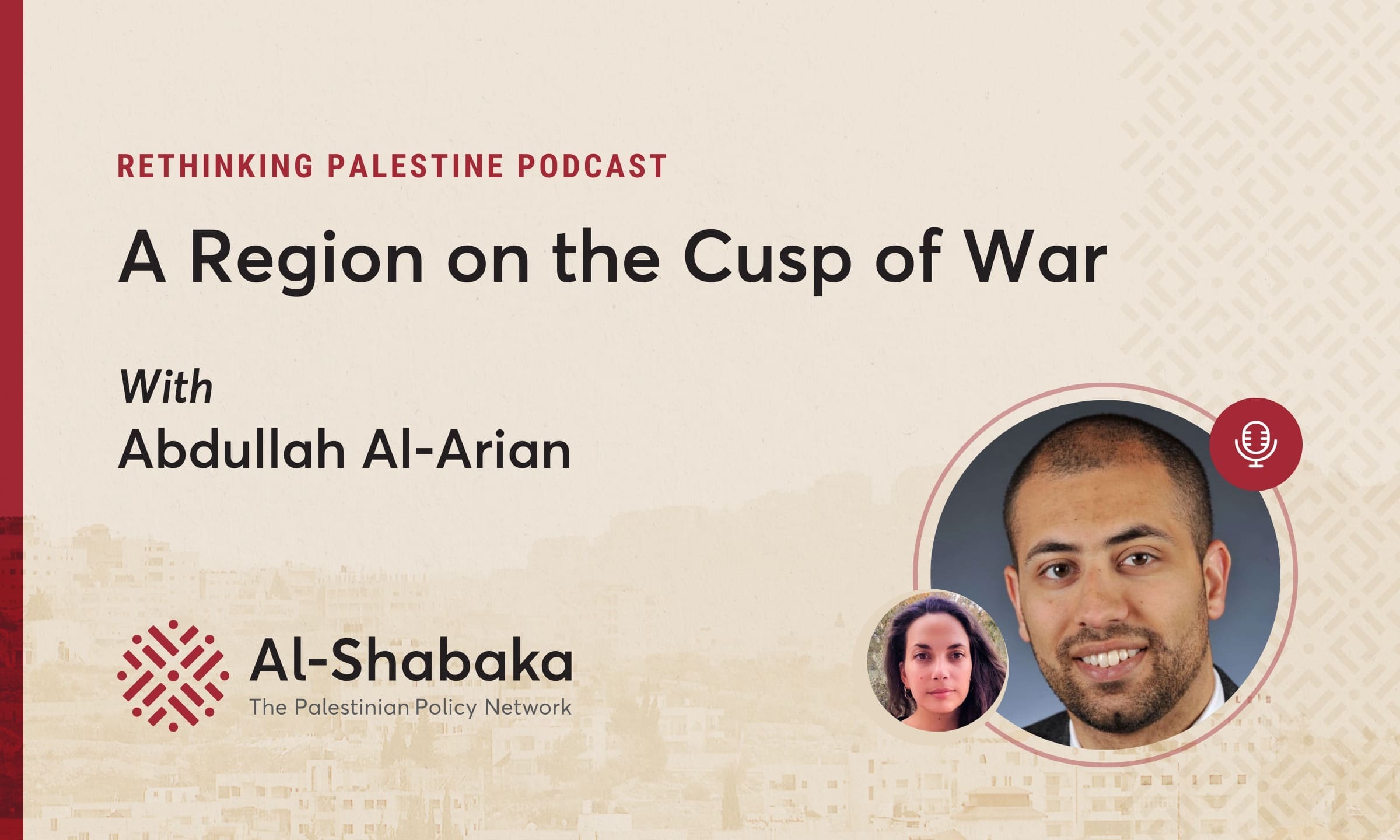
The transcript below has been lightly edited for brevity and clarity. Abdullah Al-Arian 0:00 What we’re seeing now signals a kind of a drastic escalation, just given the severity of the humanitarian toll that this has all taken on Palestinians, to see that Arab states continue to invest in a regional security relationship that they […]
Haniyeh’s Assassination & Israel’s Charade of Diplomacy
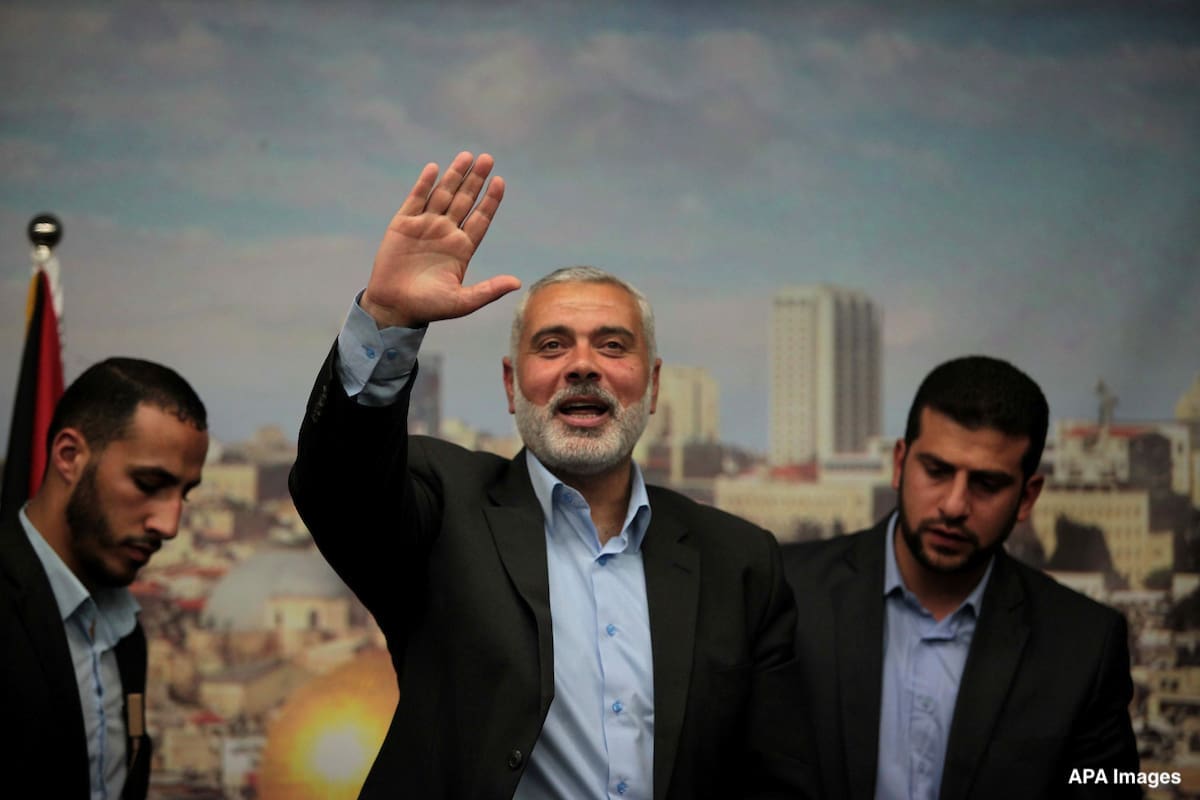
Ismail Haniyeh, chairman of Hamas’s Political Bureau, was assassinated on July 31, 2024, in the heart of Tehran while attending the inauguration of the new Iranian president. While the Israeli regime has yet to claim responsibility for the operation, the targeted killing follows a long history of assassinations of Palestinian political leaders by Israeli forces. […]
The UK Elections and Palestine with Sara Husseini
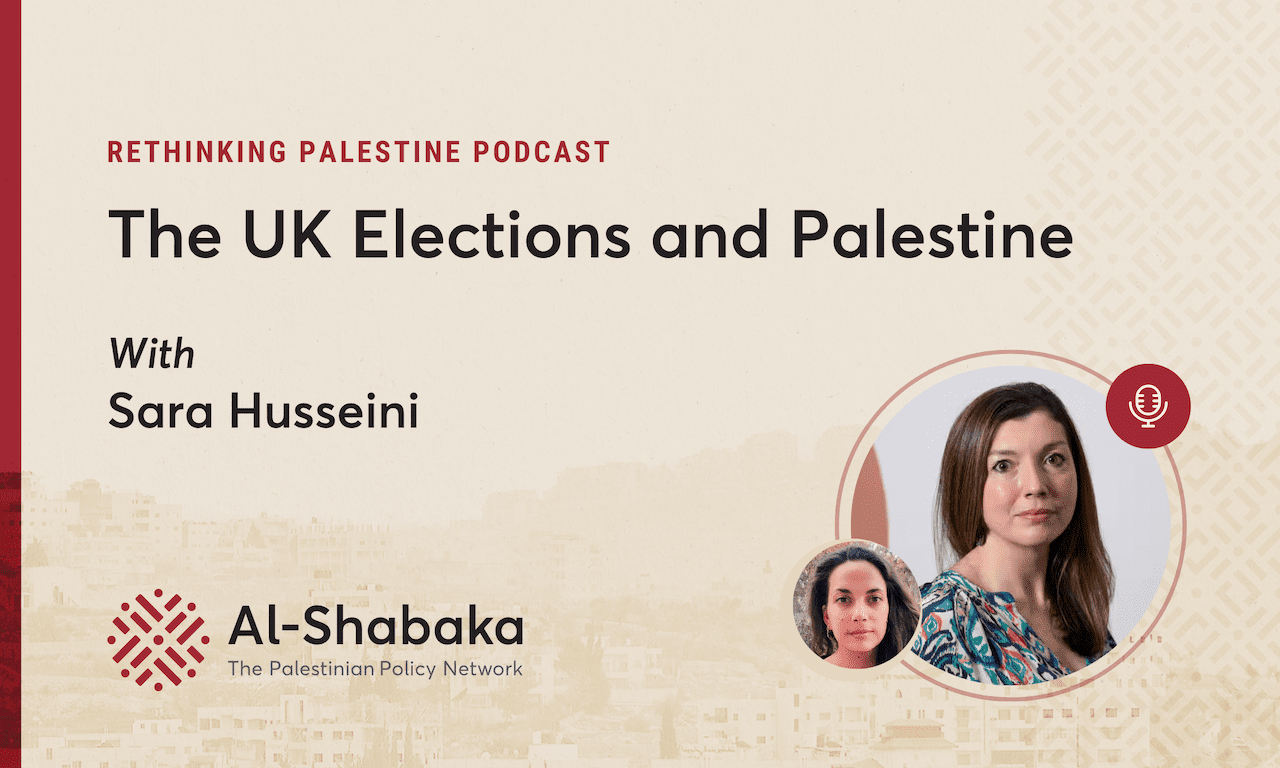
The transcript below has been lightly edited for brevity and clarity. Sara Husseini 0:00 Palestine has actually been a singularly unifying issue. We’ve seen that in the hundreds and thousands of people taking to the streets every week, week in, week out, over the past nine months. People from all communities, struggles, walks of life, […]









